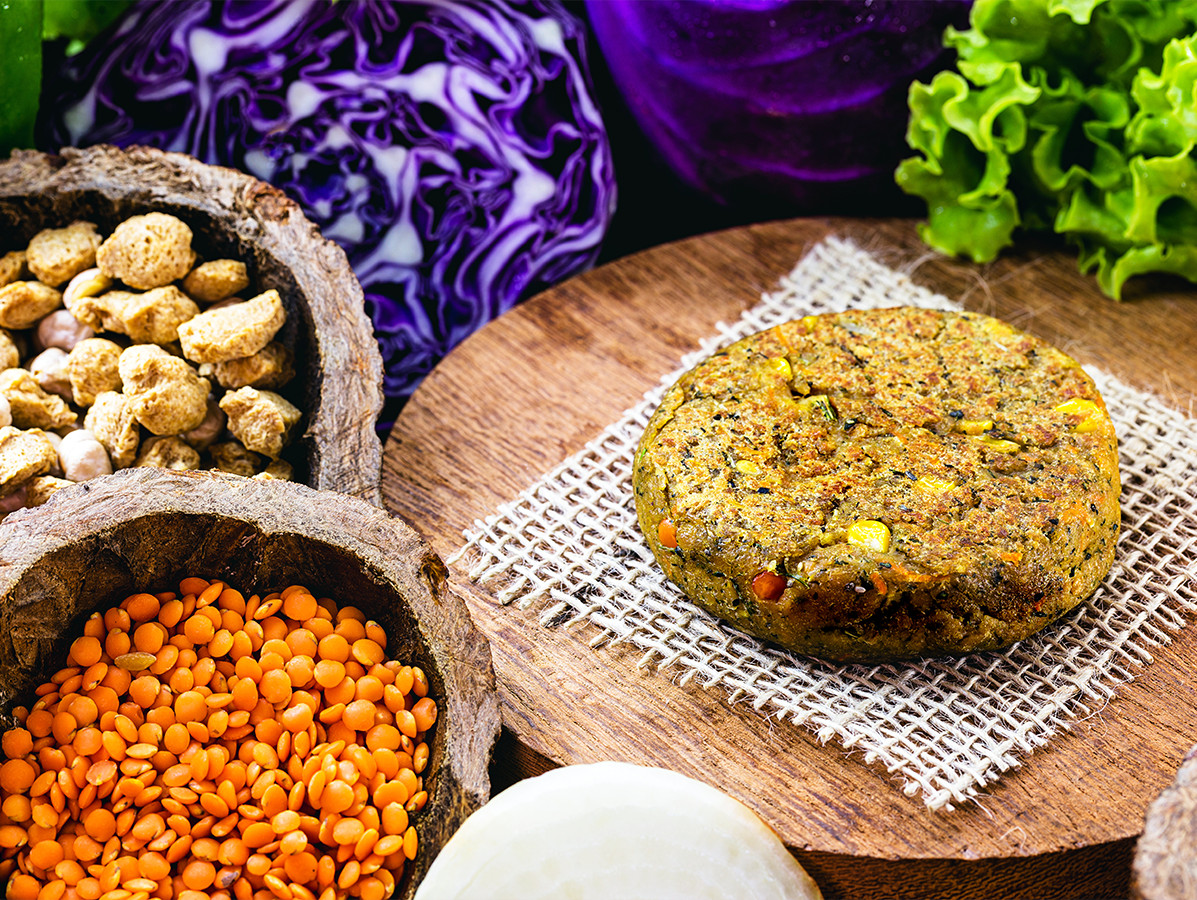
Every year, Markteffect conducts extensive research into the popularity and sentiment surrounding meat substitutes. As in previous surveys, a significant portion of the Dutch population indicates to have started eating less meat. In the past 12 months, 36% of the Dutch population started to eat less meat or even stopped altogether.
Three out of five Dutch people (61%) say they are consciously working on their nutrition. Almost half (46%) try to consume as little processed food as possible. In 2020, this was still 39%. Almost half (47%) also say they prefer sustainable products. Of the Dutch with a preference for sustainable products, 46% says they ate less meat in the past 12 months. Eating less meat is mainly done because it is better for nature and the environment (59%), it causes less animal suffering (47%) and because it is healthier (36%).
More than half of the Dutch population now say they eat meat substitutes once a month or more often (53%). This is an increase of 7% compared to the measurement in 2020. Young people in the 18-34 age group in particular eat meat substitutes monthly or more often (69%). For Dutch people aged 35 to 44, this is 51% and for those aged 55 and over, 44%. Meat substitutes are mainly consumed with a home-cooked, hot meal (88%).
The number of flexitarians (people who consciously eat no meat at least once a week) has risen sharply; 48% of the Dutch population can be classified as flexitarians. In addition, 46% are classified as omnivores, 5% as vegetarians and 1% as vegans.
For the first time since the first measurement in 2019, it is visible that less than half of the Dutch population eats meat or fish (almost) every day. This development in respondents' eating patterns over time is almost entirely due to the shift from meat and omnivores to flexitarians. The percentage of vegetarians and vegans remains stable.
markteffect.nl
Photo: RHJPhtotoandilustration/Shutterstock.com
Source: Markteffect